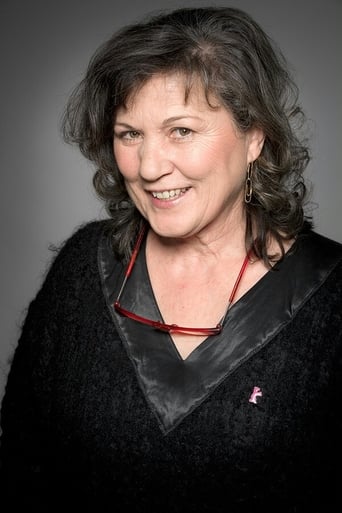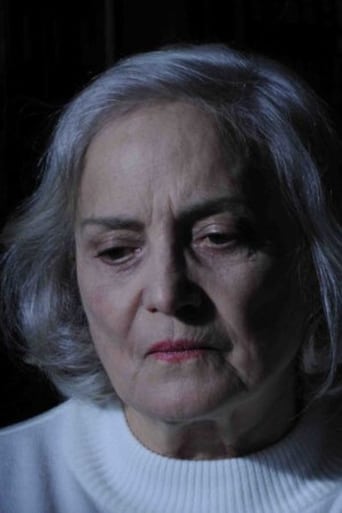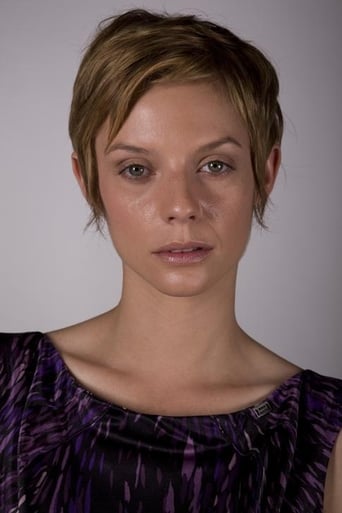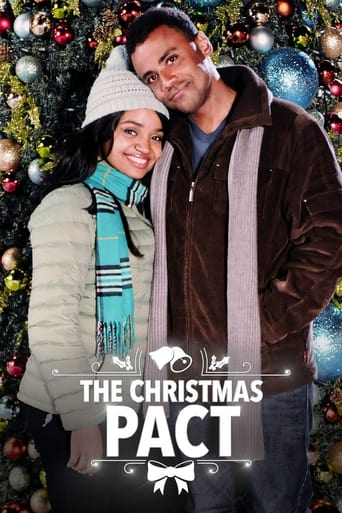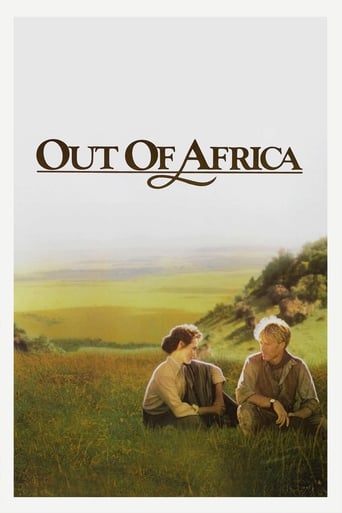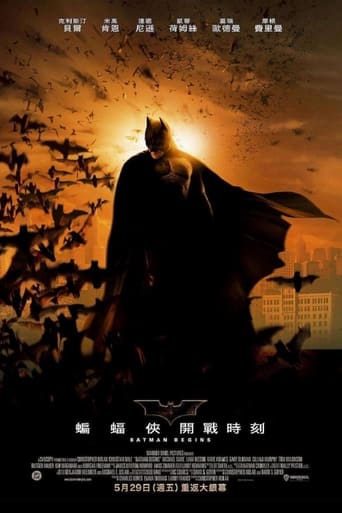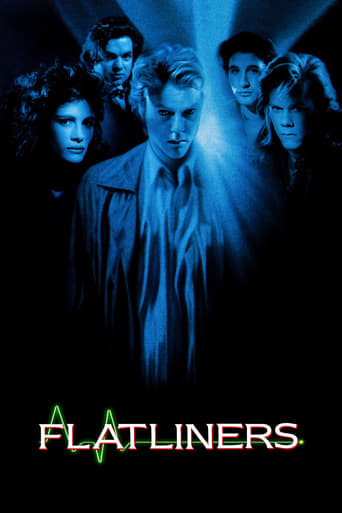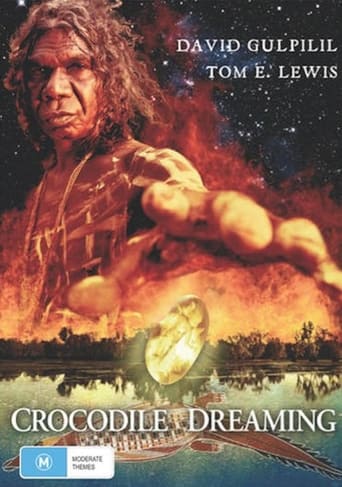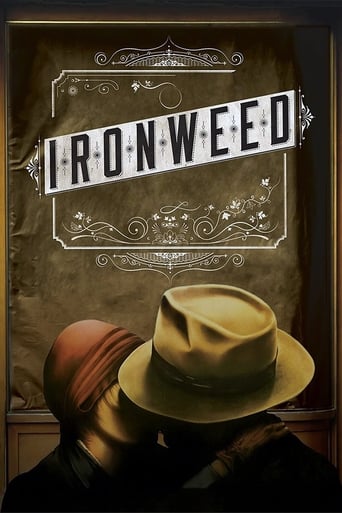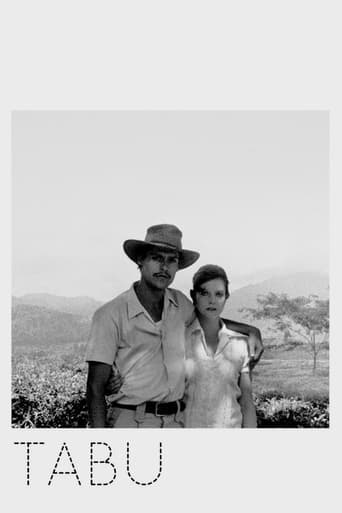
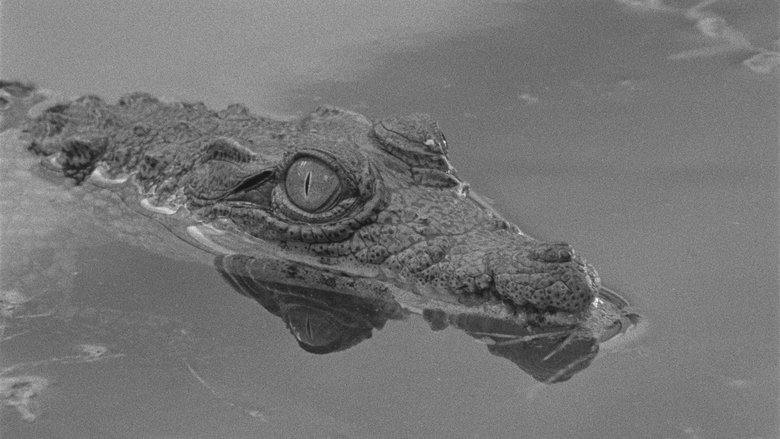
Tabu (2012)
Lisbon, Portugal, 2010. Pilar, a pious woman devoted to social causes, maintains a peculiar relationship with her neighbor Aurora, a temperamental old woman obsessed with gambling who lives tormented by a mysterious past.
Watch Trailer
Cast


Similar titles
Reviews
Very well executed
The film makes a home in your brain and the only cure is to see it again.
It’s fine. It's literally the definition of a fine movie. You’ve seen it before, you know every beat and outcome before the characters even do. Only question is how much escapism you’re looking for.
Story: It's very simple but honestly that is fine.
Tabu is exactly the type of poetic old-fashioned film I adore. It's a simple story told very unconventionally, with the long slow death of a character in the first half (entitled "Paradise Lost") and then the best years of her life in the second ("Paradise") to the point of where the aforementioned Paradise came to an end. The aesthetics of the film are the real highlight here and truly capture the essence of the story in a unique way. The lush texture in the rich black and white photography are a delight to watch, and recall the effects Jim Jarmusch's Dead Man's cinematography had with the ethereal, sometimes tragic and sometimes comic atmosphere it created. The timeless cinematography is also reminiscent of the 1920s studio films with manufactured exterior shots and the use of a traditional 1.37:1 ratio. There's a fascinating use of sound too, with the second half being dialogue-less, despite watching characters talk, and featuring only atmosphere sounds of the jungle. There's also a great use of a Ronettes song that I love ostensibly translated into Portuguese. Tabu is a majestic film that had a profound effect on me. It's an interesting take on the long term consequence of a 'taboo' (in this case, adultery). One of the best of the year.9/10
Who wants to see a film that's shot in black and white, is slow moving and its second part is like a silent film? If the answer is yes then you will be richly rewarded with Tabu. The Portuguese director Miguel Gomes has made a strange poetic film. A Portuguese film in two parts "Paradise Lost" and "Paradise." The bizarre short prologue transports us to a strange world where an intrepid explorer mourning a lost love gets eaten by a melancholic crocodile in Africa. The crocodile reappears throughout Tabu and accept for concluding that it represents an ancient old soul looking over the proceedings I'm not sure of its significance. The first part is set in modern Lisbon which appears to be full of bland apartment blocks. It explores the relationship between the kind melancholic Pilar (Teresa Madruga) and her gambling addicted; fading neighbor Aurora (Laura Soveral) who has a tendency to exaggerate and get lost in her vivid imagination Aurora is having problems with her housekeeper Santa (Isabel Cardoso). She believes Santa has turned her daughter against her with her black witchcraft. In between rescuing Aurora from the casino, Pilar goes to the cinema, joins the UN protests and shares time with her romantic painter man friend. The health decline of Aurora triggers the death bed request to see Gian Luca Ventura (Henrique Espírito Santo). Over coffee Gian shares another story of Aurora back in deepest darkest Africa. We are transported back to another time and the film takes on another feel, romantic and sensual. Gomes referencing Sydney Pollack's epic romance Out of Africa begins the story with the immortal lines, "She had a farm in Africa." This part is without dialogue but features a finely scripted voice-over and the sounds of Africa. This section melodramatic and dreamlike details the doomed love affair between Aurora (Ana Moreira), and the seductive adventurer Gian (Carlota Cotta). Cotta looks and is framed like a silent film star, Moreira more like a star of French cinema of the sixties. In between the all-encompassing romance of the privileged whites the Africans toil away, in the fields, as servants, basically second class citizens. Throughout the film Gomes intentionally positions the whites as the ruling class whilst the blacks struggle to be heard. Yet this is never over emphasized.Gomes has crafted a film that stays with you. Those moments in time A solitary tear awkwardly swiped away by the elder Gian recalling the loss of great love, the stony faced Santa eating the prawns given to her by the annoyingly kind Pilar, the first meeting of the young lovers almost unable to hide their attraction for each other, the bizarre performance of the boy band at the pool house. The performers are all excellent and Rui Pocas does a great job with the black and white cinematography.
"The film starts off about a women with a delusional dying neighbour but with over an hour ago we find out the past of this neighbour when she lived in Africa, this second half of the film is what takes down it's grade a bit" This film seems to be inspired by many films of the past which I will mention later but this film is one of those that will have mixed reactions I believe. The film is split into two parts and part one called Paradise Lost where we met Pilar (Teresa Madruga) a retired women living in Lisbon. Her neighbour Aurora (Laura Soveral) seems to believe in many strange things believing that Pilar is her best friend and must help her before she eventually dies. Once Aurora dies at the funeral Pilar starts to talk to a strange man named Ventura (Henrique Espírito Santo) who knew Aurora when they lived next door to each other in Africa. The second part then starts and it is called Paradise telling the story of Aurora (Ana Moreira) and Ventura (Carloto Cotta) when they were younger including a forbidden love shared between the two but also how that messed up their lives.The film is shot entirely in black and white but also all the dialogue is Portuguese. I believe that the first part of the film works better because of awkward some of the scenes feel but also of how Aurora, Pilar and Santa are involved in the story. The second part of the film does not work as well for me because of many scenes were there is no sound even if we do see the actors speaking, the only words in this part is a voice-over provided by Henrique Espírito Santo as he explains the story being told on screen. The choice to use black and white I thought was a good choice especially for the second part as it was a flashback we watched and looked like it was filmed on old style film. The story did get confusing for me at times but I couldn't take my eyes off some of the images especially in the second half of the film.The performances are more needed in the first part of the film because they actually get to speak dialogue. Teresa Madruga playing Pilar is fine but her performance is more of reactionary one as she observes events that are happening around her. Laura Soveral playing the older Aurora in her limited screen time gives the best performance in the film. She just knew how to play this character's descent into madness very well which is why the film is all about her character in the past and in present time.The film does have it's great moments but because of the failings of the second half to set up as much an interesting story as the first the film. The film does well at surprising me because most of what happens in the film I was not expecting to happen.MOVIE GRADE: B (MVP: Laura Soveral)
I always loved voice-overs in films. Almost as much as I hated all attempts of realism in films.So called "reality" is the worst kind of delusion. It makes us feel that we have time when in truth there is not time. It binds us to the moment and makes us blind to what it means. A story can reveal tragedy but when you are in the midst of it, in the "reality" of it, you only see that "reality" which makes everything trivial.That's the magic of the voice-over. You see everything happening as in "reality" but the voice-over pulls you back and the reveals the greater truth, the story.In this film, this is cleverly utilized. The story is banal for sure but the voice-over reveals that what was conceived as "real" was only a dream. This film stays in the voice-over and shows how most of our talk is just blabber and not necessary to understand what is going on. In the second part of the film, which is the part in which the voice-over takes over, there is no dialogue to be heard and I, as the viewer, could not be more happy about it. The paradise, which is the title of this second half of the film, is, to me, the blessing of not having to hear the blabber. All other sounds are revealed and the director makes a point out of it. These sounds do not disrupt the magic. Only the blabber would do that and bring forth the trivial.


